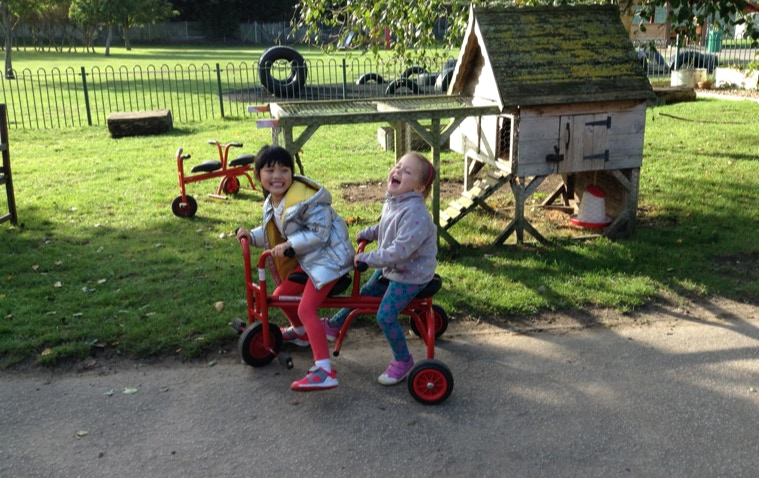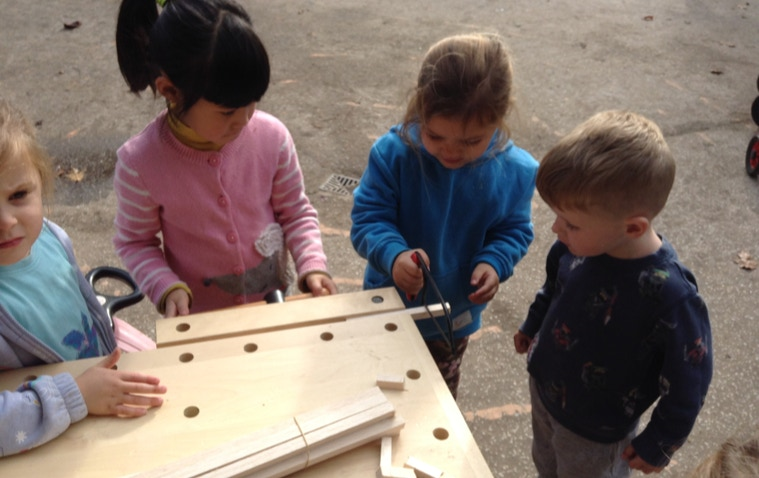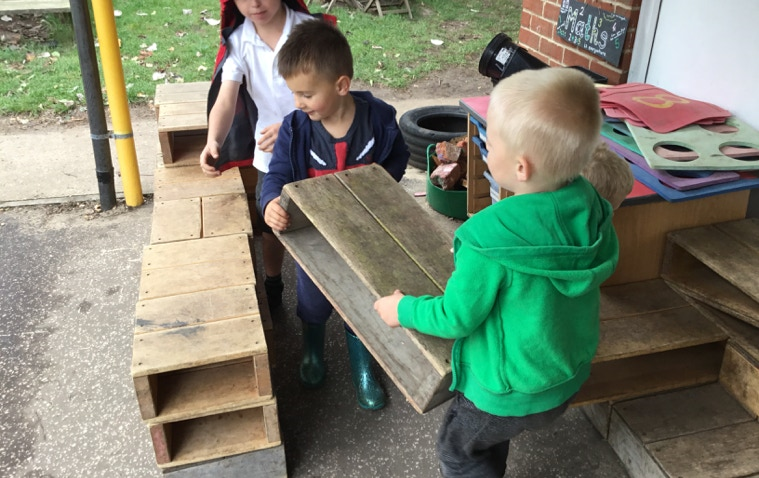- Wensum Trust
- Wells-next-the-Sea Primary and Nursery School
- Learning
- Our Classes
- Periwinkle Class -Nursery
Periwinkle Class -Nursery

Staff: Mrs Kirk, Mrs Norman, Mrs Moore and Miss Weston
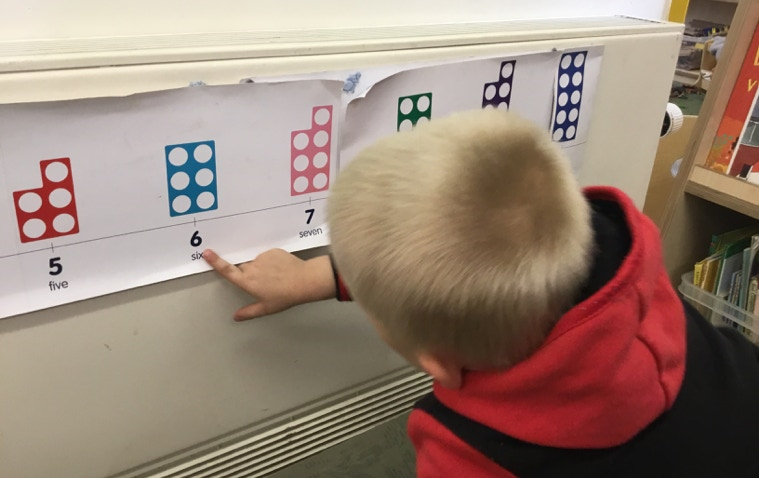
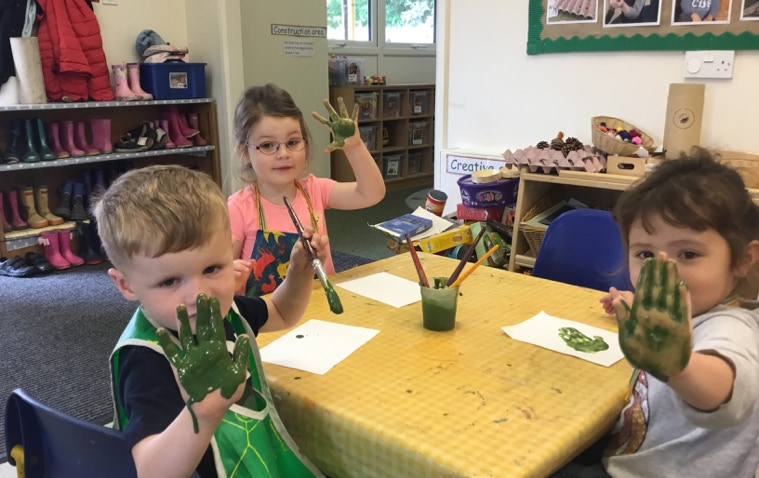
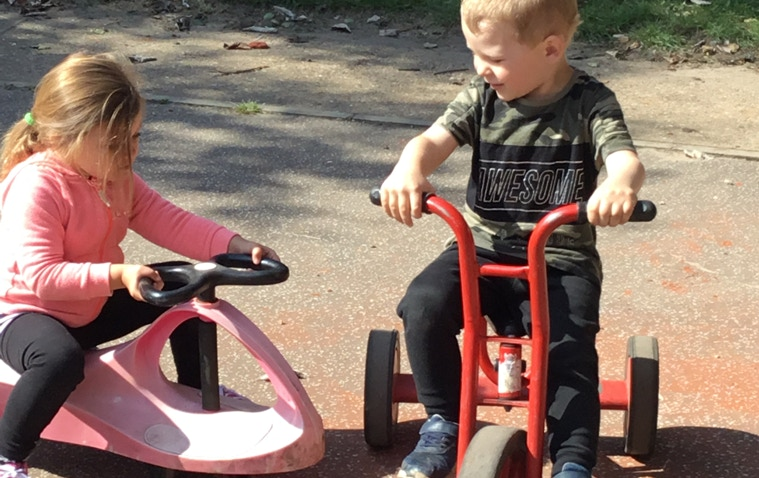
Please click on the items below to find out what is happening in Nursery this year...
Curriculum
At Wells Nursery School, we believe in preparing children for their next steps in learning and life, whilst making sure that their time spent in Nursery is a period of joy, curiosity and wonder.
We believe that young children learn best through play and first-hand experiences, and with the company of other children and supported by inquisitive adults.
The Nursery team is highly experienced and understands that every child is an individual who will develop and learn at varying paces and in their own unique way. We work in close partnership with parents and carers, encouraging them to take an active part in their child’s learning
We believe strongly that children are most engaged when their own interests lead their learning. This principle shapes the practise at Wells Nursery School. The organisation of the inside and outside environment is carefully considered to promote rich learning opportunities. The environment and resources are dynamic, and are regularly adjusted and tweaked to suit the changing needs and skills of the children.
We follow and comply fully with the Statutory Framework for the Early Years Foundation Stage, which sets the standards for learning, development and care for children from birth to five.
Teaching & Learning
Every day in Nursery is different, but a usual session begins and ends with carpet time. This is when we come together, to not only register and sort out who is having a packed lunch or hot dinner but to begin and end the session by connecting with each other. The content and length of the carpet sessions vary greatly from one end of the year to the other and sometimes from one day to the next. At the beginning of the year, only a short name re-calling welcome song may be appropriate. However, as children feel more settled and develop their focus and engagement, the carpet time reflects their need for longer stories and more periods of sustained shared thinking.
The main part of the session is dedicated to child-initiated learning: the children are taught and encouraged to access resources independently, and given the time to initiate, plan and carry out their own learning. This uninterrupted time allows the children to develop and apply the skills they need to be independent and inquisitive learners. During this time, our skilled Nursery team are observing and interacting with the children. All children are continually observed, supported and encouraged by trusted adults with whom they have built warm and positive relationships. All staff are skilled at making considered observations and recognising within these the ‘teaching moments’. It is through these many, many teaching moments every day that the children in Nursery thrive, overcome difficulties, and develop their key learning dispositions – namely communication, collaboration, involvement and persistence with difficulty.
We record our observations on EExAT, a secure online Early Years learning journey. Families have access to this and are encouraged to contribute. The purpose of observations is to help the adults understand how each child learns best, in addition to their strengths and needs. It shapes how the adults intervene to support, and helps to gauge and make the right judgements about what, how and when challenge can be offered.
Once a term each Nursery child, becomes the Focus child for that week. The aim is to involve all Nursery staff alongside parents and carers to build a full picture of a child’s interests, learning and development. This happens through a combination of extended periods of observations, play and conversations with the child, as well as feedback and conversations with parents. The resulting conversations give a full picture and a shared understanding of the whole child in all areas of development and characteristics of effective learning. This in-depth knowledge informs future planning of interactions and can include changes in the provision to better match or extend a particular area.
